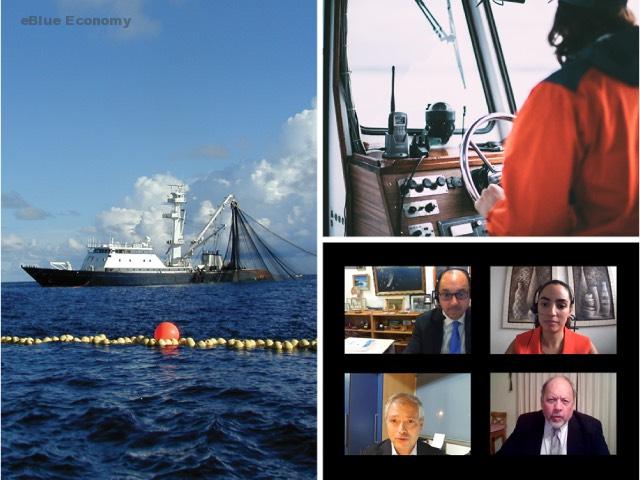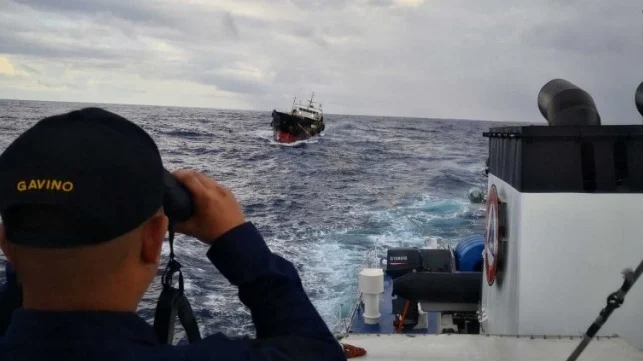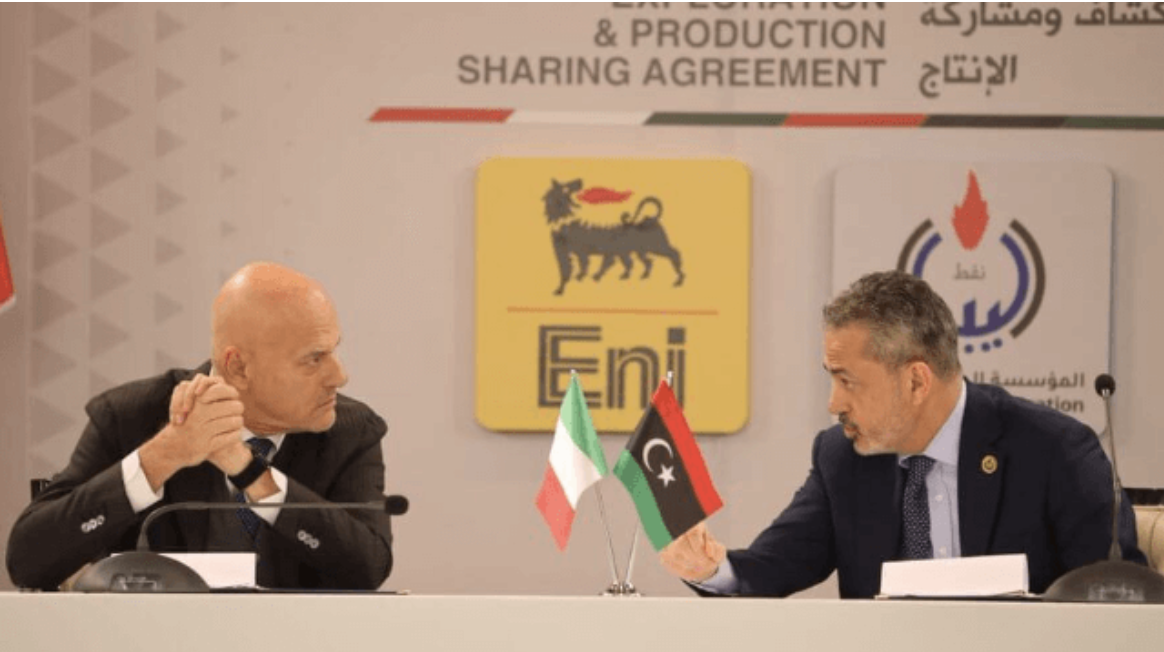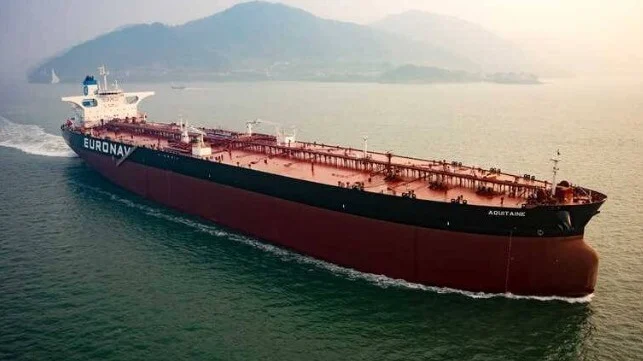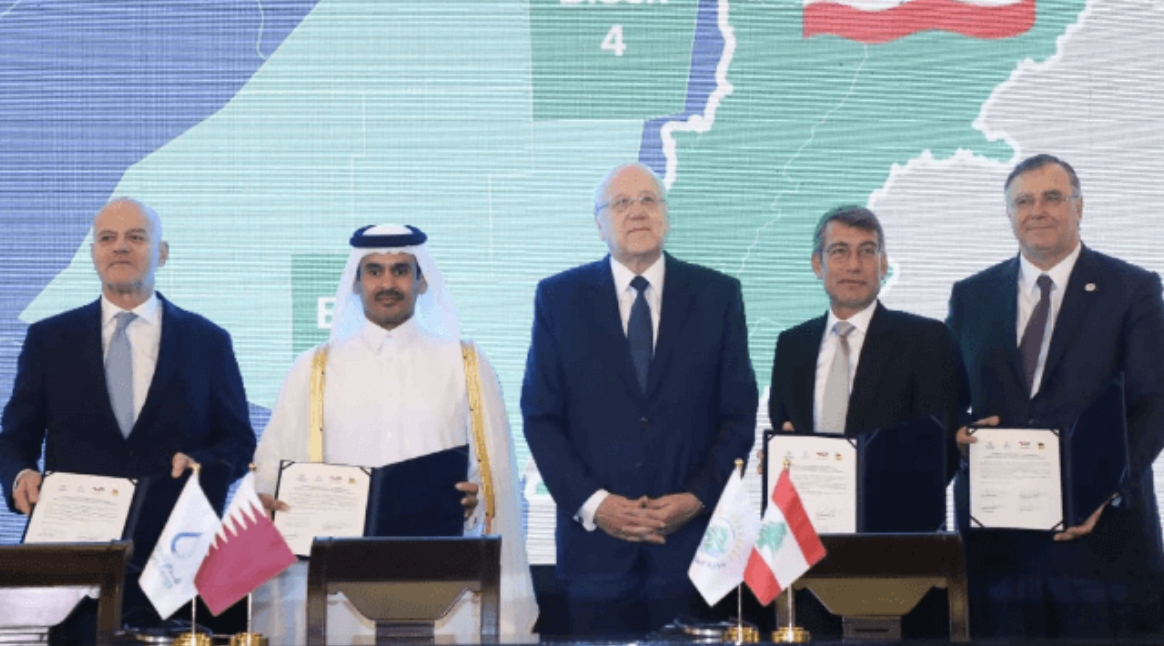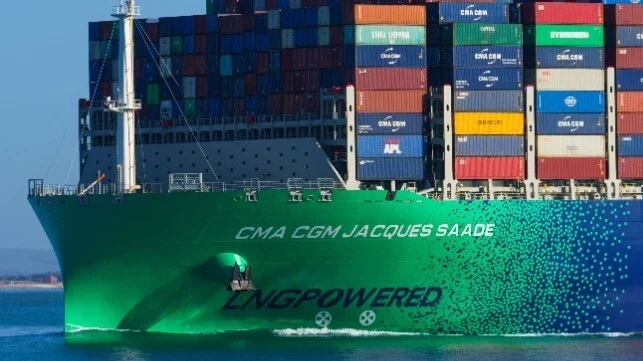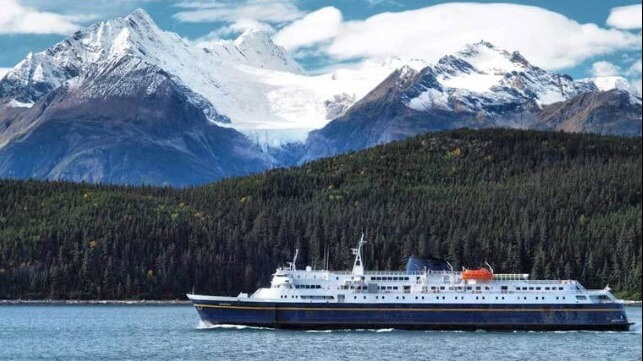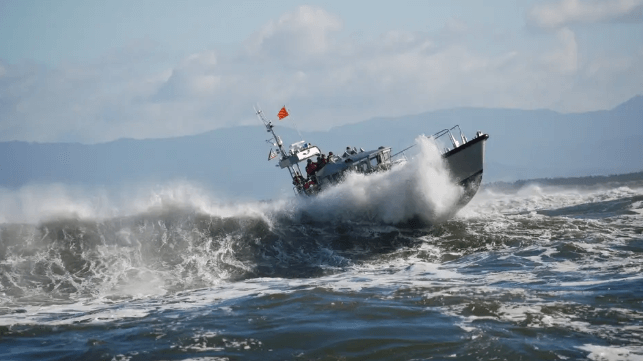Agreement on fishing vessel safety
IMO has held the first in a new series of regional webinars promoting the importance of ratifying and implementing the Cape Town Agreement on fishing vessel safety. The event, for the Latin America and Caribbean region (23-24 November), covered technical aspects, lessons learned from the ratification, identification of issues related to the ratification, and combatting illegal, unreported and unregulated (IUU) fishing activities. It also included panel discussions and expert presentations.
Ms. Deggim referred to the Torremolinos Statement.pdf, adopted by 126 States at the 2019 Ministerial Conference
The objective of the series is to maintain the momentum of the Ministerial Conference, held in Torremolinos, Spain in October 2019. By sharing lessons learned by States that have already ratified the Agreement, or are currently in the process of doing so, the webinars will help to identify any barriers that hinder progress towards the widespread acceptance and effective implementation of the Agreement.

Ratifying the Agreement
IMO’s Heike Deggim, Director, Maritime Safety Division, highlighted the benefits of ratifying the Agreement: “reduced fatalities, improved working conditions, reduction of marine pollution, increased protection of polar waters, expanded enforcement measures to combat IUU fishing and reduced risks for search and rescue services”. Ms. Deggim also referred to the Torremolinos Statement.pdf, adopted by 126 States at the 2019 Ministerial Conference, and the Torremolinos Declaration.pdf, under which 51 States have now publicly committed to taking action to meet the entry into force criteria of the Agreement by 11 October 2022, the tenth anniversary of its adoption.
At the end of the webinar
The event was organized by IMO, in cooperation with the Government of Chile and the Pew Charitable Trusts. It was attended by 28 Member States from across maritime administrations, governments, fisheries agencies and the industry. The webinar was also joined by speakers from FAO, ILO, Pew and Polytechnic University of Madrid who spoke about the contributions of the Agreement to transparency and accountability in seafood supply chains, and the improvement of living and working conditions of the fishers, among other issues.
At the end of the webinar, a Statement.pdf of the organizers and the participants was agreed, highlighting the importance of technical cooperation activities of the Organization to promote the benefits of the Agreement and contribute to building and strengthening capacity.
The series of webinars will continue throughout 2021. Find more about the 2012 Cape Town Agreement, here and here.
press release


